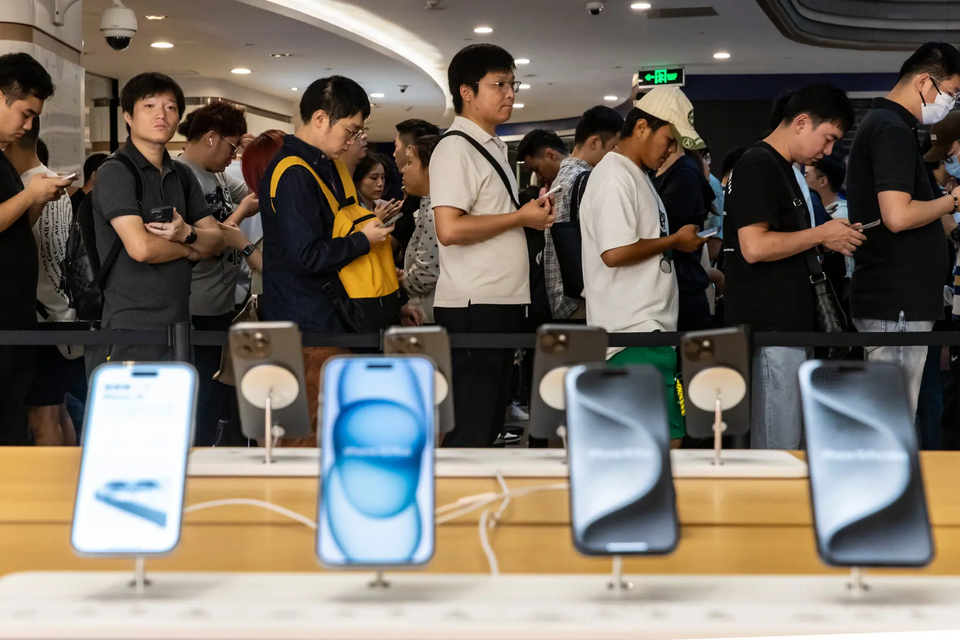 |
Photo: The New York Times |
The US government and members of Congress have recently been reviewing Apple’s deal with Alibaba, concerned that Apple’s partnership with a Chinese company could help rivals improve their AI capabilities, expand censored chatbots, and make Apple vulnerable to Chinese censorship and data-sharing laws.
Three years ago, Apple was pressured by the US government to abandon a deal to buy memory chips from Chinese manufacturer YMTC. More recently, the company has been hit by tariffs on goods made in China, threatening its global profits.
If forced to abandon the Alibaba deal, the damage to Apple would be more severe, since China accounts for nearly 20% of the company's global revenue. Without Alibaba's support, the iPhone could fall behind domestic rivals like Huawei and Xiaomi.
During a meeting in March, White House officials and the bipartisan China Commission asked Apple a number of questions about the terms of the partnership, what data would be shared, and whether the company had signed a legal commitment with the Chinese side. Many of the questions Apple could not answer.
The US increasingly sees AI as a tool that can be used for military purposes. This technology has the ability to coordinate attacks and operate unmanned vehicles. Therefore, the US is looking for ways to limit Beijing's access to AI, including cutting off its ability to produce and buy AI chips. Some opinions in the Trump administration have even proposed putting Alibaba and other Chinese AI companies on a list that prohibits transactions with US businesses.
Representative Raja Krishnamoorthi, ranking member of the House Intelligence Committee, said he was “very concerned about Apple’s lack of transparency.” He said Alibaba was a prime example of China’s “civil-military fusion” strategy, and partnering with them could help the company collect more data to train its AI models, while Apple ignores the privacy of Chinese users.
Apple, the White House and Alibaba all declined to comment. Alibaba Chairman Joe Tsai confirmed the partnership in February.
US lawmakers worry that if Apple leads the way, other US companies will follow suit, contributing to China's AI power. Companies like Baidu and ByteDance could then use the improved technology to support the Chinese military.
Greg Allen, director of the Wadhwani Center for AI at CSIS, said Apple’s support for Alibaba runs counter to bilateral efforts to slow Beijing’s AI progress. “The United States is in an AI race with China. We can’t let American companies fuel our competitors,” he said.
In addition to the issue of cooperation with China, CEO Tim Cook also received criticism from former President Trump for moving production lines to India. During his recent trip to the Middle East, Mr. Trump told Cook that he "doesn't care about manufacturing in India. We want you to manufacture in the United States."
Last year, Apple introduced Apple Intelligence, a new set of AI features for the iPhone, including notification summaries, email dictation, and a smarter Siri assistant. It partnered with OpenAI to integrate ChatGPT for iPhone users in the US. But since OpenAI doesn’t operate in China, Apple needed a local partner to provide a comparable experience. After negotiating with several companies, Apple chose Alibaba and applied for an AI license from the Chinese government.
It is unclear when the AI features will be rolled out in China. Cook only revealed that iPhone sales are better in markets where Apple Intelligence is available.
The US Congress is particularly concerned about Apple having to seek Beijing’s permission in an area that is shaping its future. They fear that Apple will have to make concessions and inadvertently put itself under the control of the Chinese government.
If the partnership with Alibaba fails, Apple could lose a major iPhone distribution channel in China, said Richard Kramer, an expert at research firm Arete. Meanwhile, Chinese competitors are actively integrating AI into their devices, making the iPhone experience less competitive.
“Users may still buy iPhones, but the experience will no longer be superior,” he said.
Source: https://znews.vn/apple-lai-gap-rac-roi-o-trung-quoc-post1553980.html








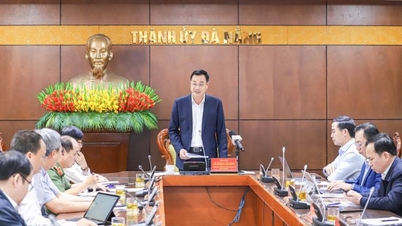

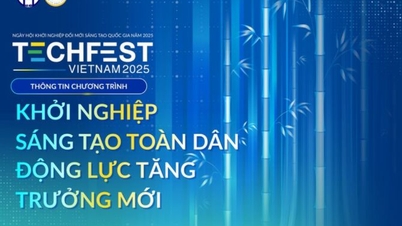
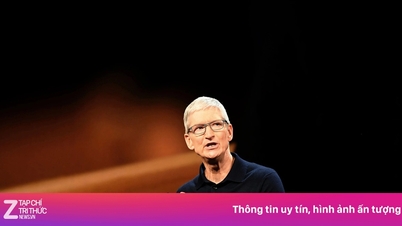
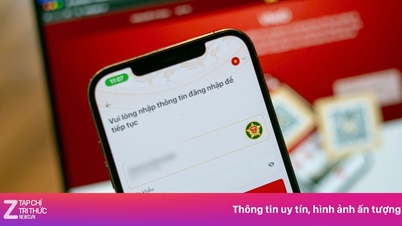


































































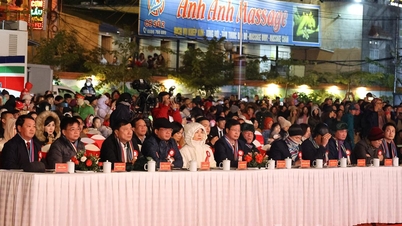




















Comment (0)